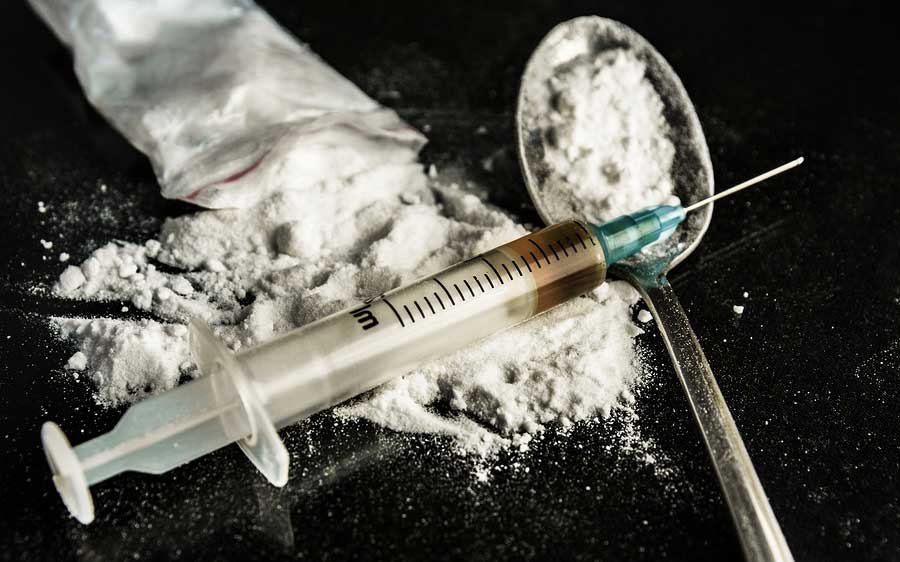Washington – The White House recently revealed a new plan that aims to attack the growing use of heroin in the US. The objectives are to reduce heroin traffic and increase support on prevention efforts.
According to the Center of Disease Control and Prevention (CDC), heroin use has more than doubled among young adults from 18 to 25 years old in the past decade; more than 9 in 10 people who used heroin also used at least one other drug; and, 45% of people who used heroin were also addicted to prescription opioid painkillers.

“Heroin use has increased across the US among men and women, most age groups, and all income levels. Some of the greatest increases occurred in demographic groups with historically low rates of heroin use: women, the privately insured, and people with higher incomes. Not only are people using heroin, they are also abusing multiple other substances, especially cocaine and prescription opioid painkillers,” described the health institute.
Due to the continuing growth of heroin use, heroin-overdose deaths have also increased. From 2002 to 2013, heroin-related overdose deaths almost quadrupled, with more than 8,200 deaths by 2013.
Commonly, states play a major role in prevention, treatment, and recovery efforts for this growing epidemic. To take control over the situation, the US Office Of National Drug Control Policy announced this week, that it will address $5 million of the $13.4 million in total funding to reduce trafficking, distribution and use of the drug in High Intensity Trafficking Areas (HIDTA).
“The HIDTA program helps federal, state, and local authorities to coordinate drug enforcement operations, support prevention efforts and improve public health and safety,” said Michael Botticelli, director of National Drug Control Policy.
Around $2.5 million will go to fund a newly formed partnership among five regional HIDTA programs, called the Heroin Response Strategy. This include the regions of Appalachia, New England, Philadelphia/Camden, New York/New Jersey, and Washington/Baltimore. The goal is to tackle heroin threats in communities by providing health-public safety partnerships across 15 states.
“This administration will continue to expand community-based efforts to prevent drug use, pursue ‘smart on crime’ approaches to drug enforcement, increase access to treatment, work to reduce overdose deaths, and support the millions of Americans in recovery,” Botticelli added.
Heroin’s increased consumption has incited Republicans and Democrats to discuss about potential solutions to the issue and certain presidential candidates have already take action. For instance, democratic candidate Hillary Clinton held a forum in New Hampshire this month to listen to voters’ concerns about the subject.
Source: US Office Of National Drug Control Policy
